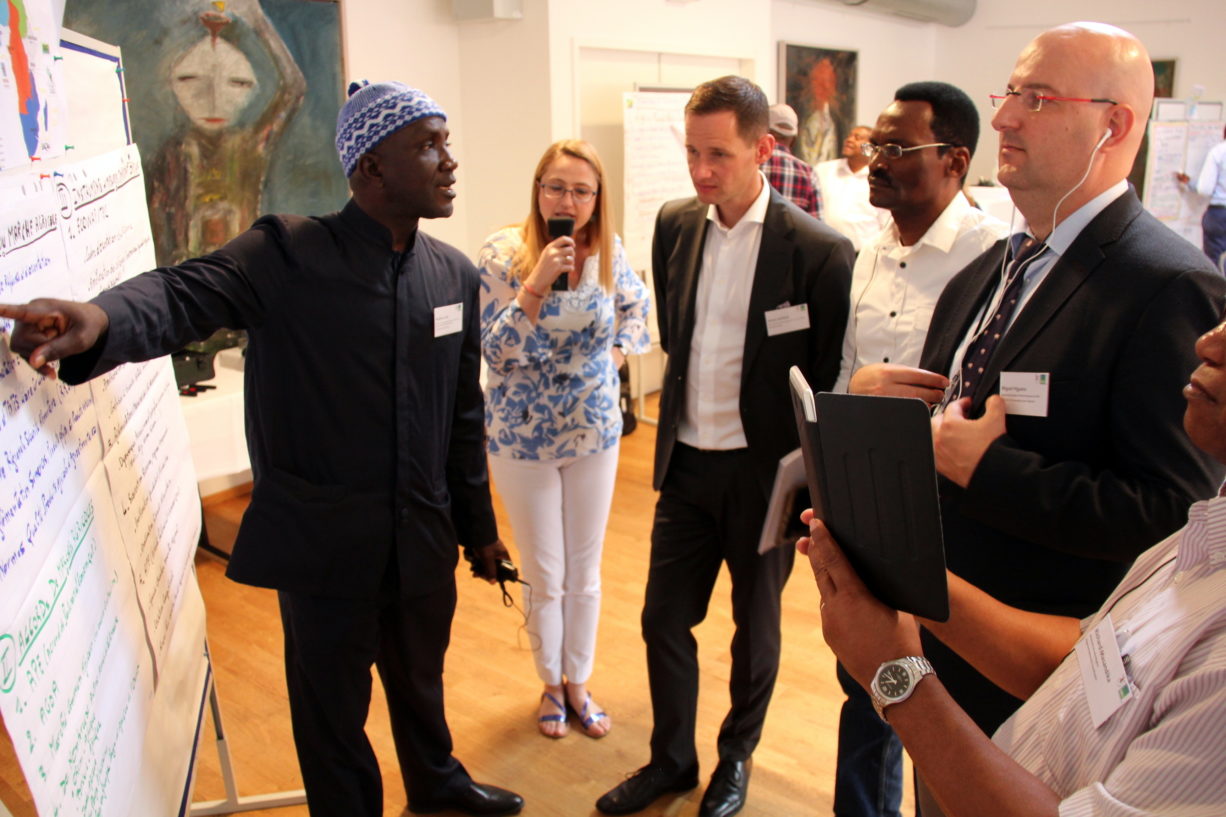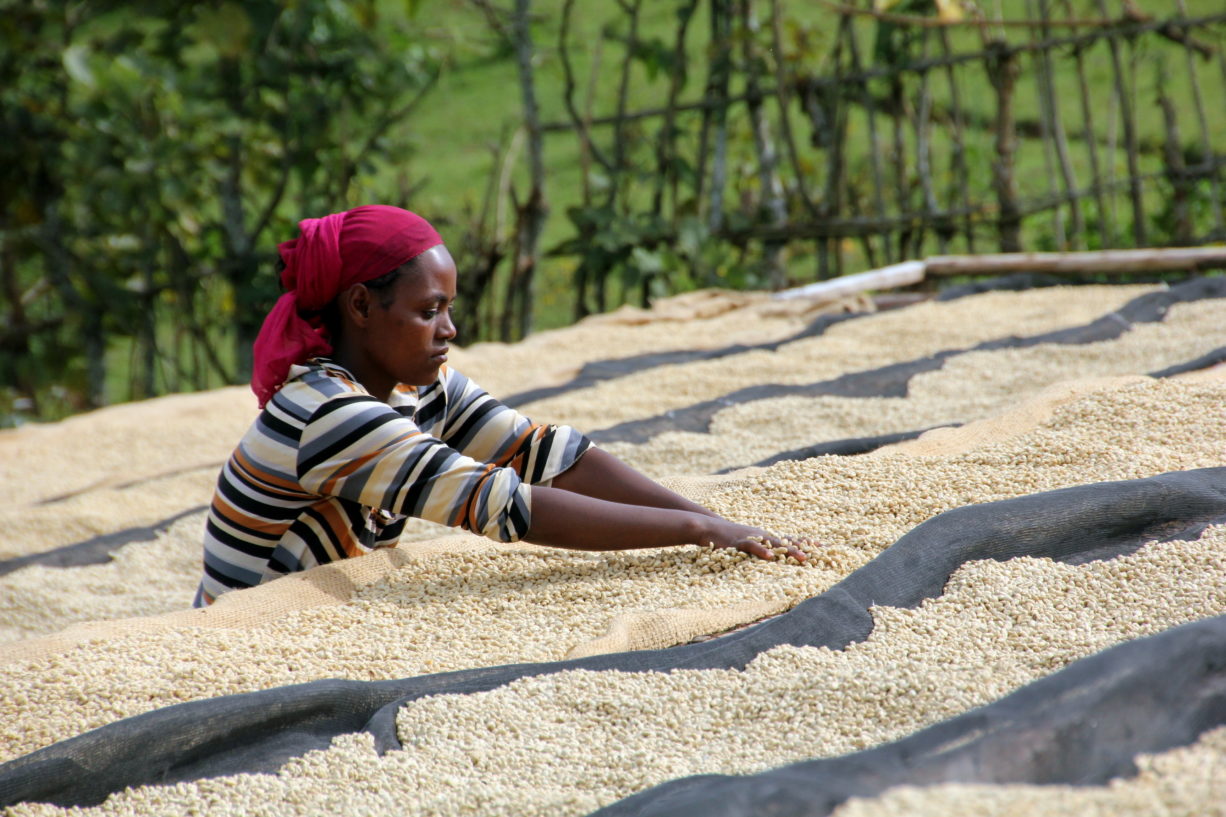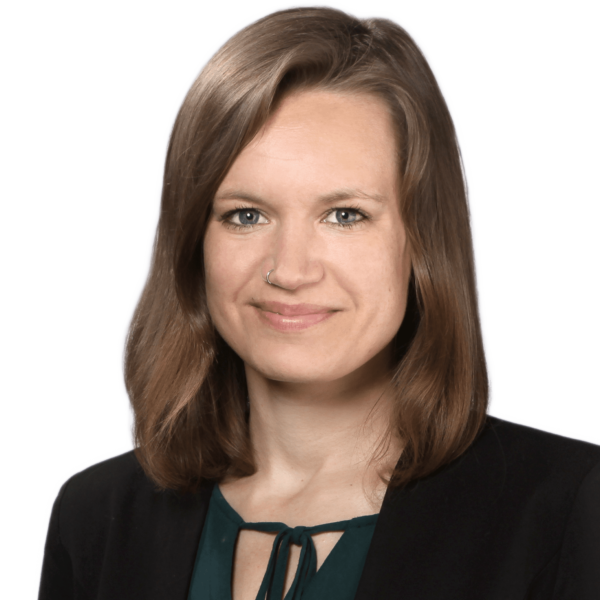
Recent events have cynically taught us that our food systems are fragile. Crises have far-reaching and extremely threatening implications for agricultural markets and food security. It has become clearer than ever: we must explicitly recognize the opportunities and constraints arising from the integration of global agricultural markets and work closely together to develop solutions. As producers of food, farmers form the de facto basis of food systems worldwide. But in the political debate, they are far too often a marginal player. Farmers’ organizations want to change that. In organized structures, they not only stand up for their members’ interests, but also take responsibility in their role as co-designers of sustainable and resilient food systems.
To highlight the potential of organized agriculture, to jointly address pressing challenges and, last but not least, to send a signal of transnational solidarity, the Andreas Hermes Academy (AHA) and the German Farmers’ Association (DBV) have invited representatives of global, regional and national farmers’ organizations from around the world to Potsdam. From April 3-5, the international participants will discuss together how farmers’ organizations can effectively help shape sustainable food systems. The highlight will be a public panel discussion at the Haus der Land- und Ernährungswirtschaft on Tuesday, April 5, starting at 3 p.m. (physical under 2G+ conditions with live digital broadcast). Among others, the president of the World Farmers’ Organization (WFO) Dr. Theo de Jager, the President of the World Organic Farmers’ Federation (INOFO) Shamika Mone, the President of the East African Federation (EAFF) Elizabeth Nsimadala and representatives of the German Farmers’ Association (DBV), the German Federal Ministry for International Cooperation and Development (BMZ) and the German Institute for Human Rights will discuss how Germany can support the global movement of organized agriculture.

We cordially invite you to follow this event via YouTube stream, live on 05 April.
Since 2015, the DBV and the AHA have been working together with financial support from the German Federal Ministry for Economic Cooperation and Development (BMZ) on a project to strengthen farmers’ organizations. The aim is to strengthen farmers-based organizations that advocate for and represent the interests of their members, offer them services and provide space for exchanging experiences and learning together.
This could be of interest to you:
-
International Cooperation -
International Cooperation b|u|s graduates in Tanzania take part in business idea competition
Read -
International Cooperation Generational change in Uganda – both a challenge and an opportunity
Read
